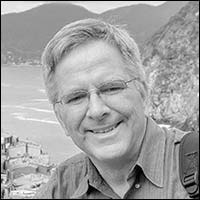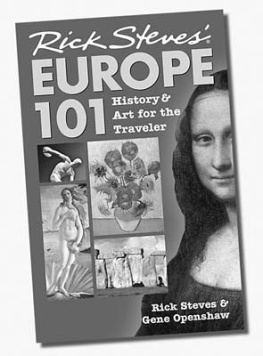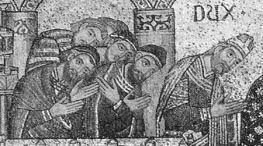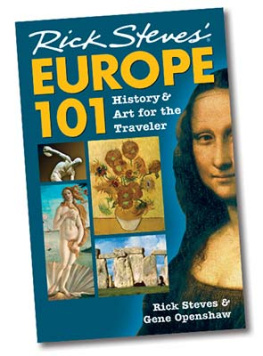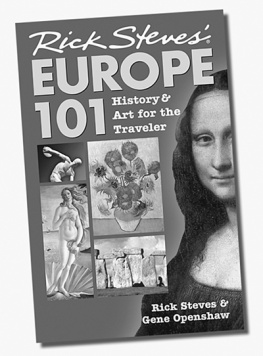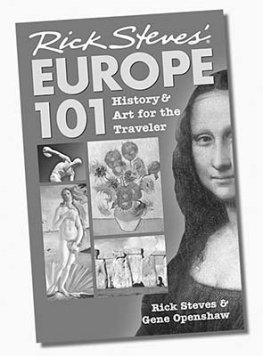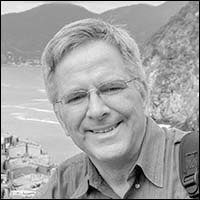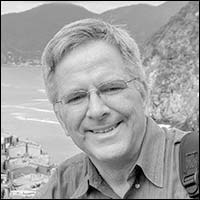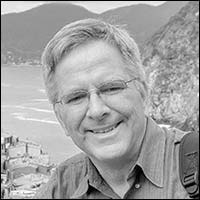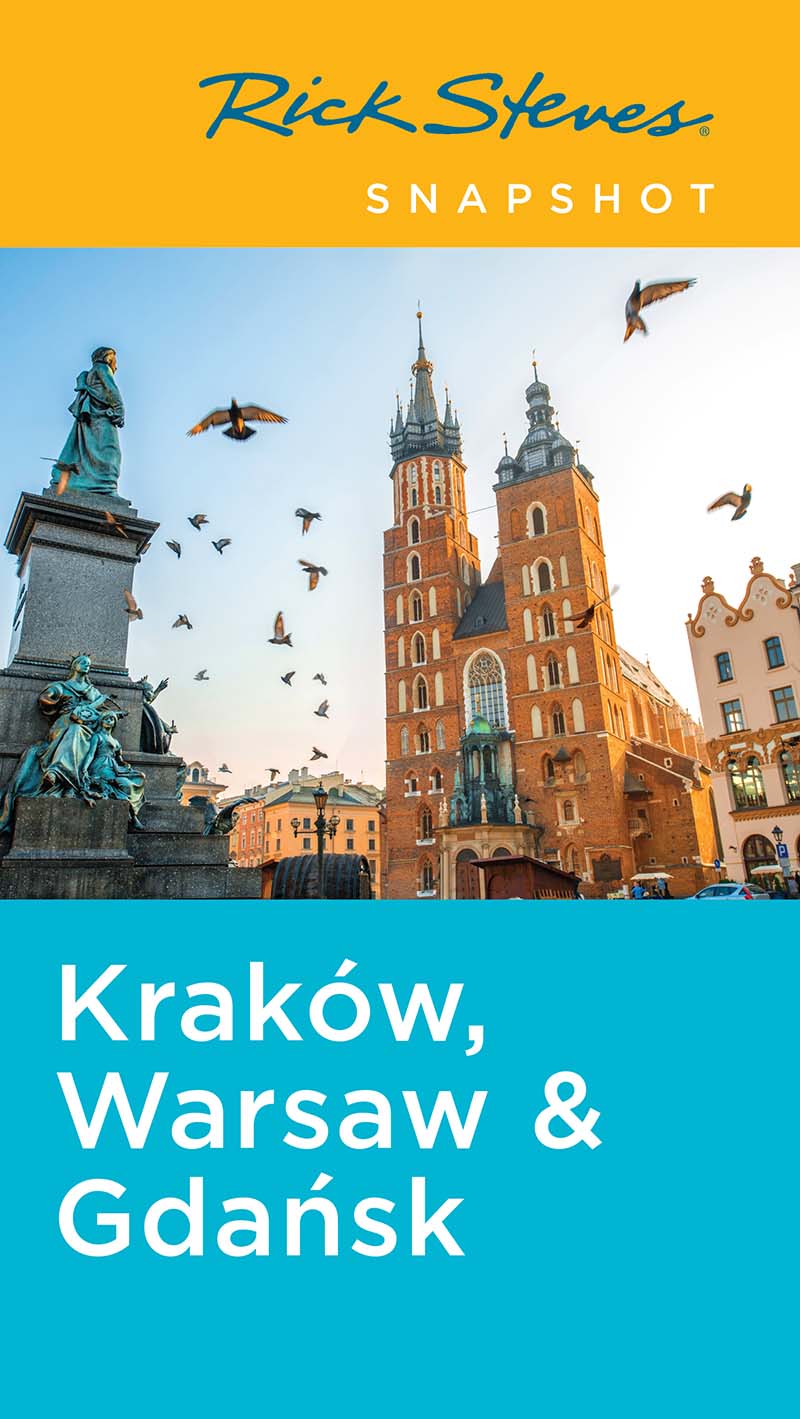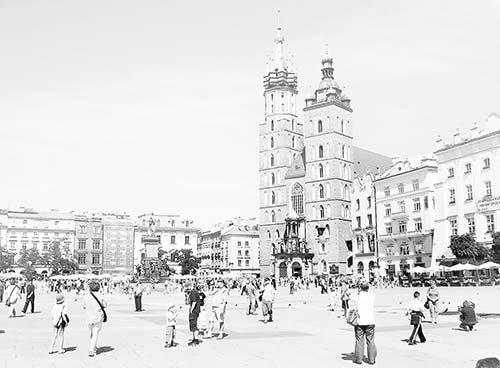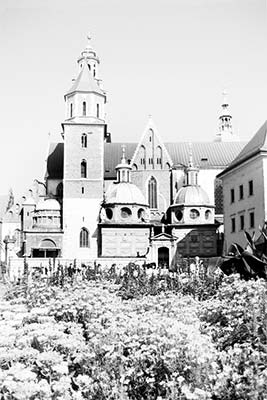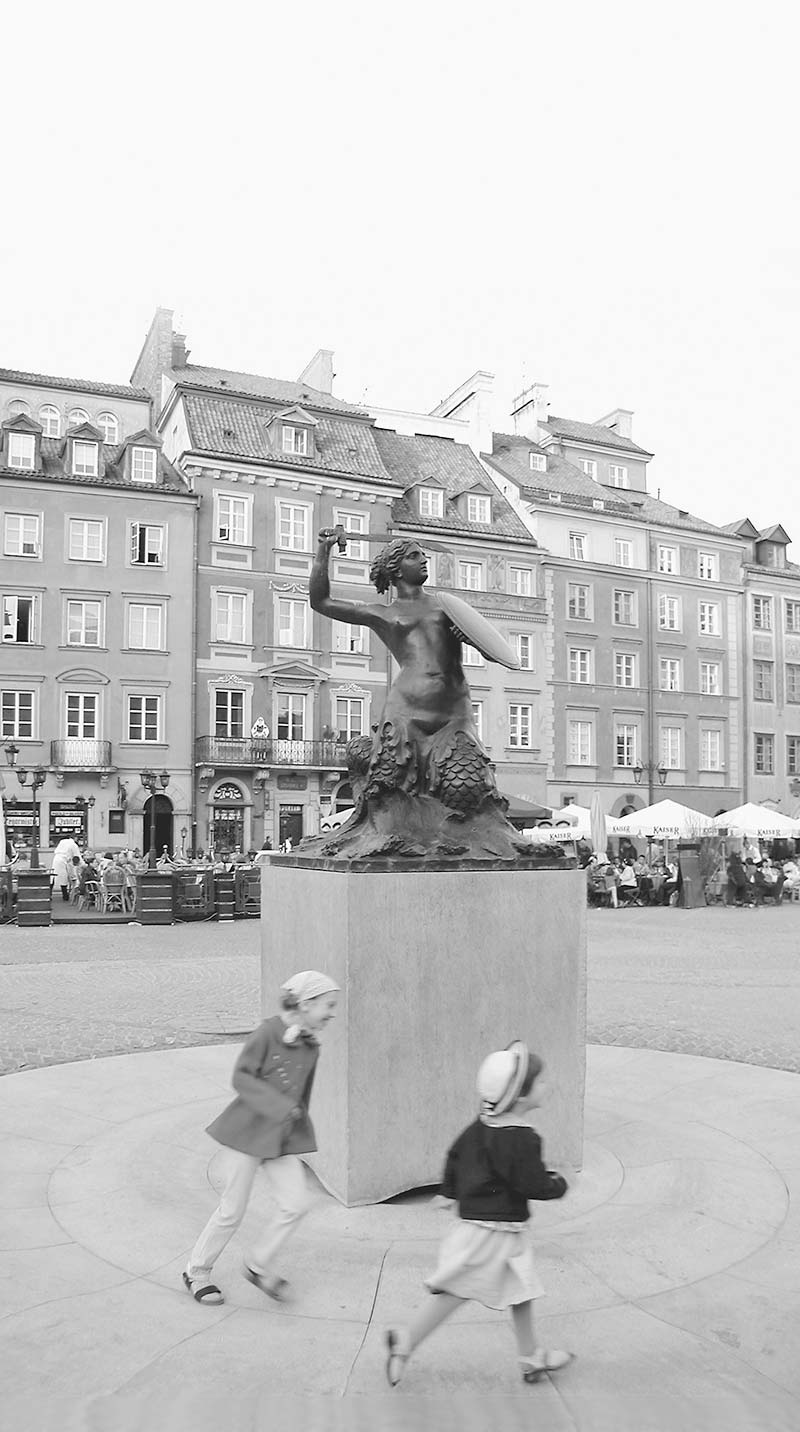Contents
Contents
Rick Steves
SNAPSHOT
Krakw, Warsaw & Gdask
This Snapshot guide, excerpted from my guidebook Rick Steves Eastern Europe, introduces you a trio of grand Polish cities: historic Krakw, thriving Warsaw, and gorgeous Gdask. Covering the best of Poland, this book offers an enjoyable cross-section of this proud nation.
Polands historical capital, Krakw, clusters around one of Europes biggest and most inviting market squares. Explore Krakws picture-perfect Old Townfilled with museums, restaurants, university life, and Old World charmand head to the Kazimierz neighborhood to learn about Polands Jewish story. Side-trip to the worlds most powerful memorial to the victims of the Holocaust at Auschwitz-Birkenau concentration camp.
For a look at todays Poland, visit Warsawleveled in World War II, rebuilt soon after, and now rapidly gentrifying. Stroll through Warsaws reconstructed Old Town, promenade along newly spiffed-up boulevards, gape up at the communist-style Palace of Culture and Science, and dip into engaging museums on WWII history, native son Fryderyk Chopin, Polish painters, and much more.
On the Baltic Coast, Gdask offers a vibrantly colorful main drag fronted by opulent old Hanseatic facades, plus inspiring tales from the toppling of communism at the shipyard where the Solidarity trade union was born. Nearby in Pomerania is a pair of medieval red-brick sights: the imposing Gothic headquarters of the Teutonic Knights, Malbork Castle; and the appealing, gingerbread-scented town of Toru.
To help you have the best trip possible, Ive included the following topics in this book:
Planning Your Time, with advice on how to make the most of your limited time
Orientation, including tourist information offices (abbreviated as TI), tips on public transportation, local tour options, and helpful hints
Sights with ratings:
Dont miss
Try hard to see
Worthwhile if you can make it
No ratingWorth knowing about
Sleeping and Eating, with good-value recommendations in every price range
Connections, with tips on trains, buses, and boats
Practicalities, near the end of this book, has information on money, staying connected, lodging, restaurants, transportation, and more, plus Polish survival phrases.
To travel smartly, read this little book in its entirety before you go. Its my hope that this guide will make your trip more meaningful and rewarding. Traveling like a temporary local, youll get the absolute most out of every mile, minute, and dollar.
Szczliwej podryhappy travels!
Polska
Poland is a land of surprises. Many people imagine Poland as a backwards, impoverished land of rusting factories, smoggy cities, and gloomy natives. But these people are left speechless when they step into Krakws vibrant main square, Gdasks colorful Royal Way, or Warsaws lively Old Town. While parts of the country still do feel like a time warp, today's Poland also has a vibrant urbanity, an enticing food and design culture, dynamic history, and kindhearted natives.
The Poles are a proud peopleas moved by their spectacular failures as by their successes. Their quiet elegance has been tempered by generations of abuse by foreign powers. Youll find fewer scams and con artists here than in other Eastern European countries.
In a way, there are two Polands: lively, cosmopolitan urban centers, and countless tiny farm villages in the countryside. A societal tension exists between city-dwelling progressives and what they call the simple people of Poland: hardworking small-town Poles descended from generations of farmers, who still live an uncomplicated, agrarian lifestyle. Theres a large contingent of these salt-of-the-earth folks, who like things the way they are and tend to be politically conservative and staunchly Euroskeptic.
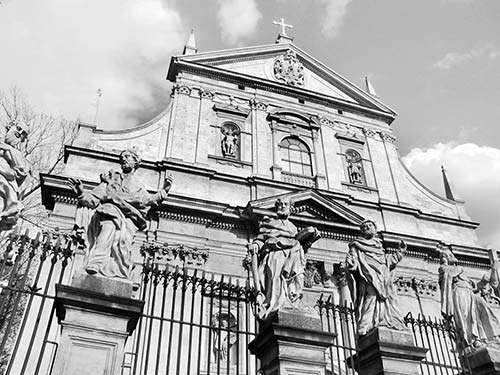
Poland is arguably Europes most devoutly Catholic country. Their profound faith has united the Poles through many tough times. Squeezed between Protestant Germany (originally Prussia) and Eastern Orthodox Russia, Poland wasnt even a country for generations (1795-1918)but its Catholicism helped keep its spirit alive. Under communism, Poles found their religion a source of strength as well as rebellionthey could express dissent against the atheistic regime by going to church. Be sure to step into some serene church interiors. These aren't museumsyou'll almost certainly see locals in prayer. (Be careful to show the proper respect: Maintain silence, keep a low profile, and if you want to snap pictures, do so discreetly.)
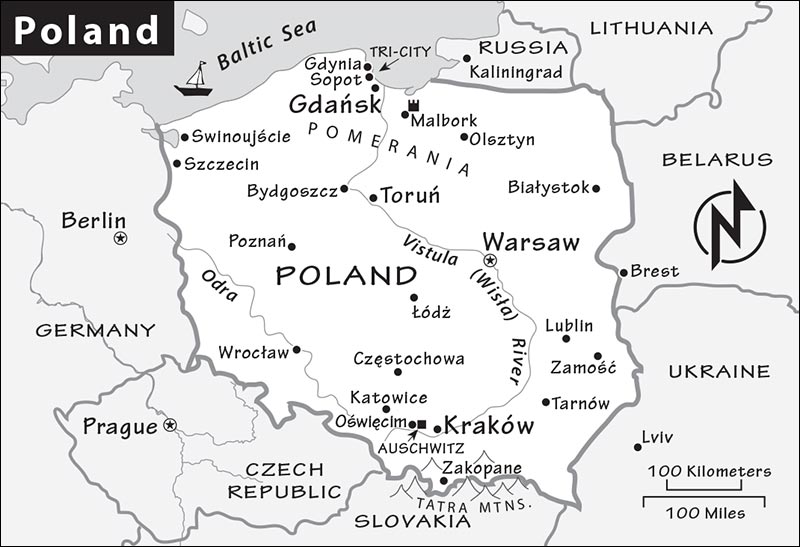
Much of Polands story is a Jewish story. Before World War II, 80 percent of Europes Jews lived in Poland. Warsaw was the worlds second-largest Jewish city (after New York), with 380,000 Jews (out of a total population of 1.2 million). Poland was a magnet for Jewish refugees because of its relatively welcoming policies. Still, Jews were forbidden from owning land; thats why they settled mostly in the cities. But the Holocaust (and a later Soviet policy of sending troublemaking Jews to Israel) decimated the Jewish population. This tragic chapter, combined with postwar border shifts and population movements, made Poland one of Europes most ethnically homogeneous countries. Today, virtually everyone in the country is an ethnic Pole, and only a few thousand Polish Jews remain.
Poland has long been extremely pro-America. Of course, their big neighbors (Russia and Germany) have been their historic enemies. And when Hitler invaded in 1939, the Poles felt let down by their supposed European friends (France and Britain), who declared war on Germany but provided virtually no military support to the Polish resistance. America, meanwhile, is seen as the big ally from across the oceanand the home of the largest population of Poles outside of Poland. In 1989, when Poland finally won its freedom, many Poles half-joked that they should apply to become the 51st state.
On my first visit to Poland, I had a poor impression of Poles, who seemed brusque and often elbowed ahead of me in line. Ive since learned that all it takes is a smile and a cheerful greetingpreferably in Polishto break through the thick skin that helped these kind people survive the difficult communist times. With a friendly

